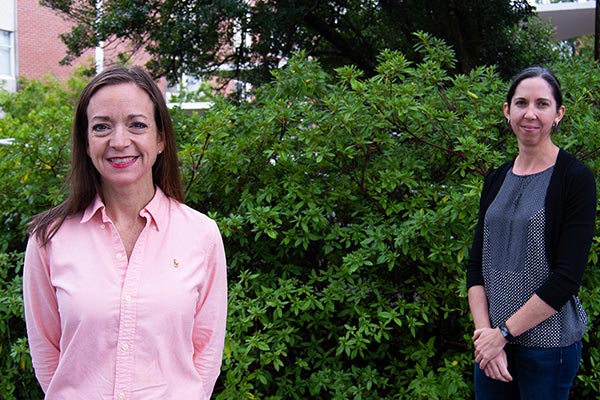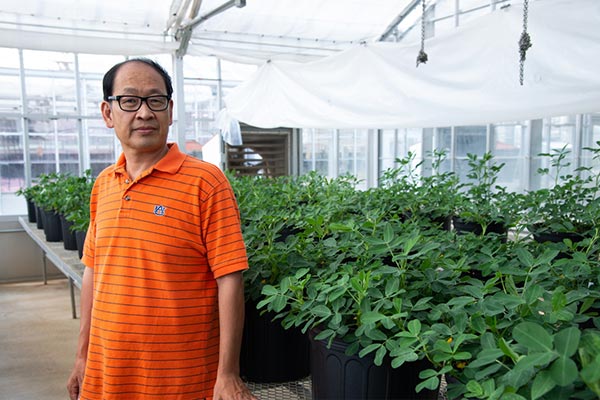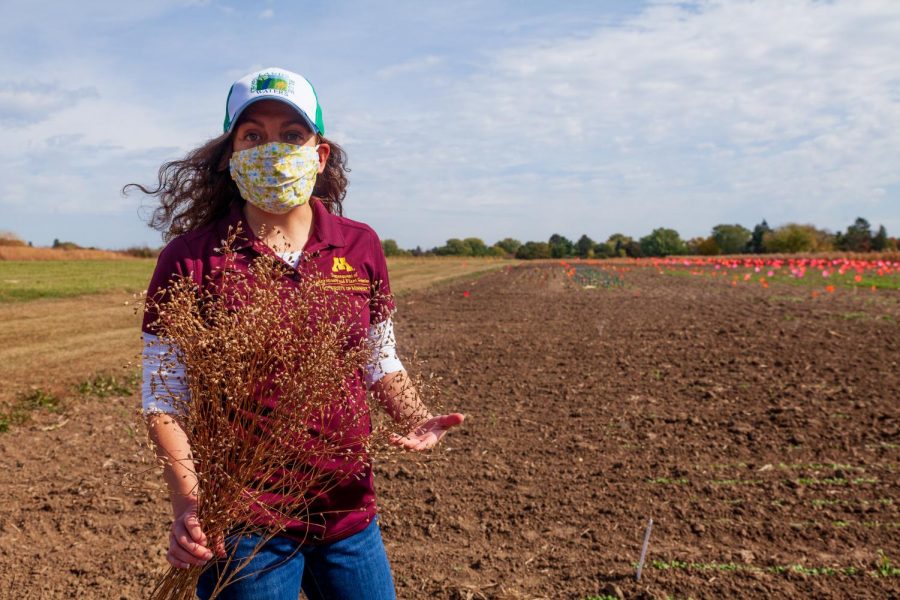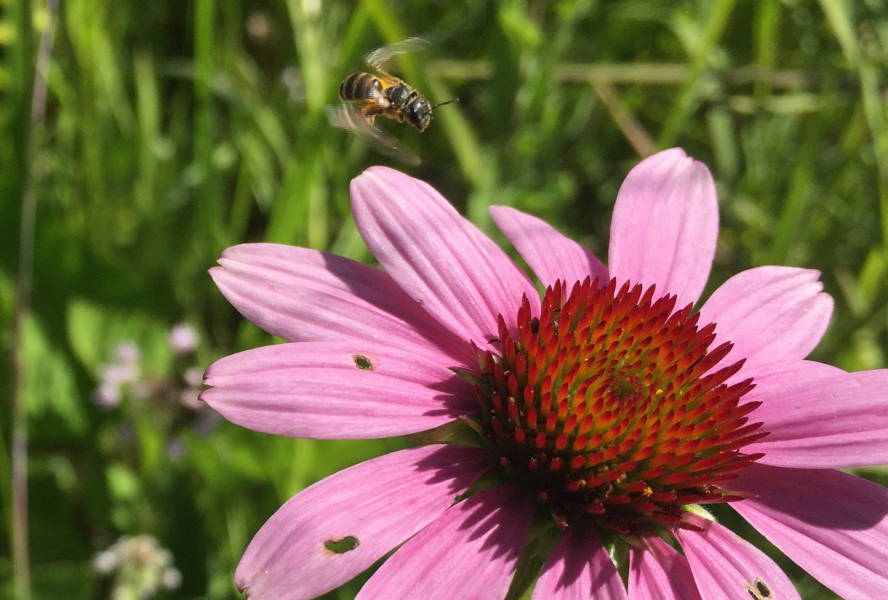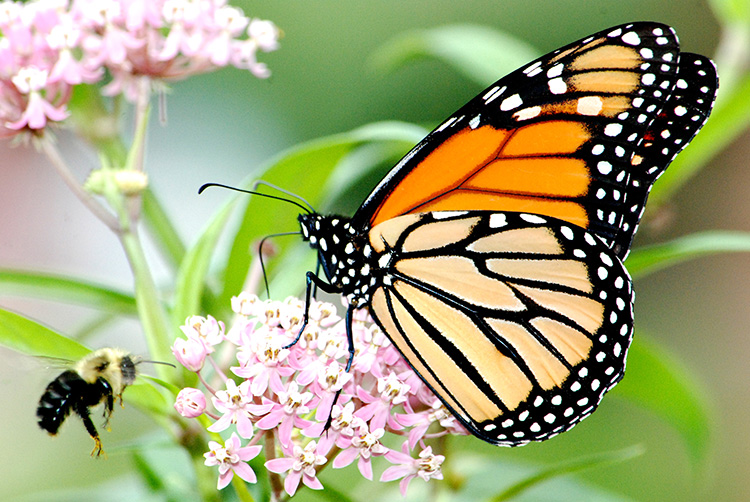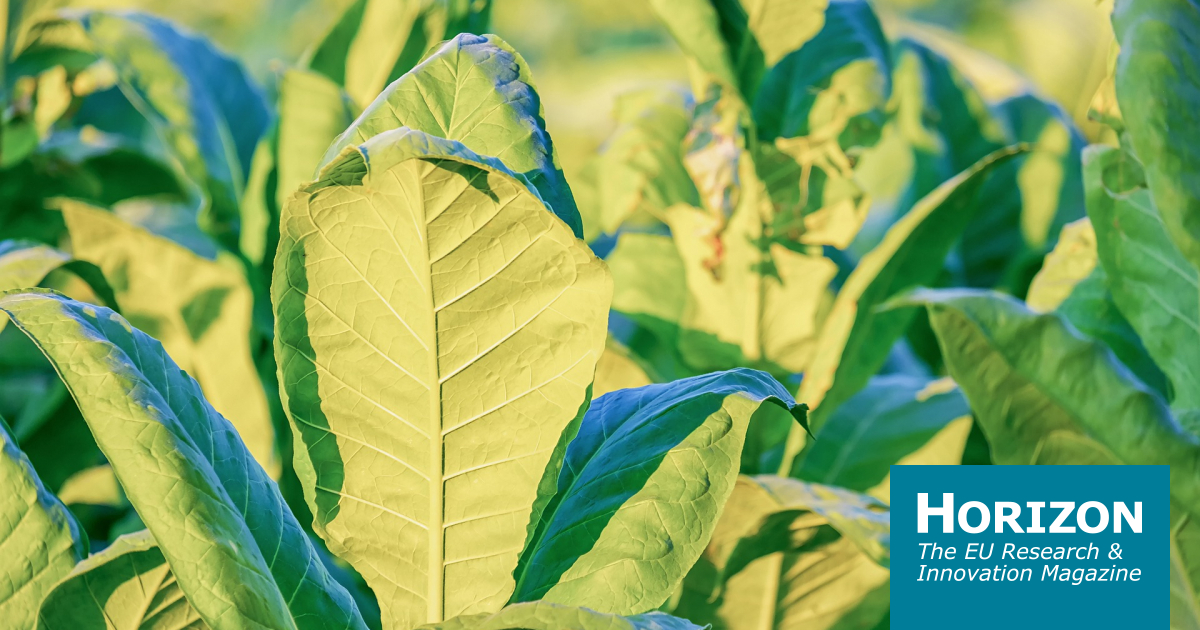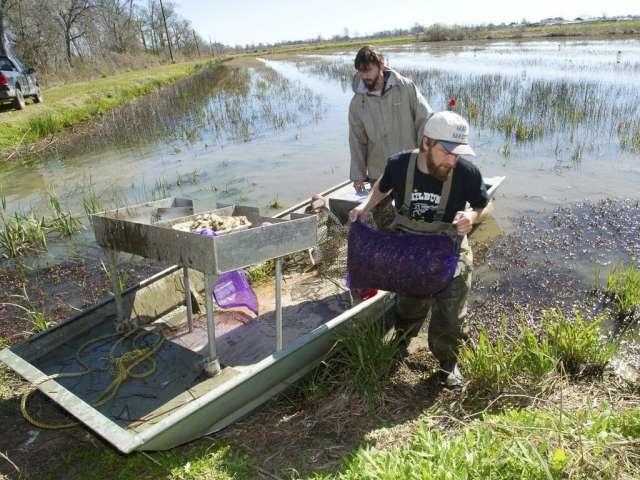10/15/2020 SOURCE: ocm.auburn.edu
Since a potentially devastating cotton virus was first detected in Alabama fields in 2017, a group of Auburn University researchers and Alabama Extension specialists has been working tirelessly to learn everything they can about it so farmers can minimize their risks.
Auburn research team tackles new cotton virus
-
(0)
-
Bookmark
- Comments. (0)
 John LaRose Jr.
John LaRose Jr.
Topics: Education U.S. MidWest, Water, Economics, Peanuts, World Hunger, World Population,
Auburn University peanut breeding program works on drought-tolerant plant
Researchers in Auburn Universityand#8217;s College of Agriculture are using a $490,000 grant to accelerate efforts to breed a drought-tolerant peanut plant, a development that would be a game changer for the industry.
-
(0)
-
Bookmark
- Comments (0)
 John LaRose Jr.
John LaRose Jr.
Topics: Soil Health, Cover Crops, Education U.S. MidWest, Economics, Sustainability, Research,
The winter camelina: University researchers developing new cash cover crop
Newly planted winter camelina seedlings sprout in little green rows at the University of Minnesota field plots on the St. Paul campus. The winter annual plant is one of 15 breeds University researcher
-
(0)
-
Bookmark
- Comments (0)
 John LaRose Jr.
John LaRose Jr.
Topics: Agriculture US, Agriculture Global, Education U.S. MidWest, Beekeeping, Economics, Sustainability, Pollinators,
Bee neighborly — sharing bees helps more farmers
Benefits of cost-sharing the conservation of wild bee habitats with farmers can help overcome the tragedy of the commons
-
(0)
-
Bookmark
- Comments (0)
 John LaRose Jr.
John LaRose Jr.
Topics: Agriculture US, Organic, Agriculture Global, Education U.S. MidWest, Beekeeping, Sustainability, Regenerative Agriculture, Pollinators,
Researchers show that native milkweed cultivars planted by the public can support monarch butterflies and bees in urban gardens
Millions of people plant pollinator gardens to provide monarch butterflies with food along their annual migration from their overwintering sites in the highland forests of central Mexico to their summer breeding grounds in the United States and southern Canada. For the first time, University of Kentucky entomologists have studied how effectively native milkweed cultivars in small gardens are at attracting and supporting monarchs.
-
(0)
-
Bookmark
- Comments (0)
09/23/2020 SOURCE: www.ksre.k-state.edu
-
(0)
-
Bookmark
- Comments. (0)
09/21/2020 SOURCE: www.theridgefieldpress.com
-
(0)
-
Bookmark
- Comments. (0)
09/07/2020 SOURCE: horizon-magazine.eu
On the southern outskirts of the city of Owensboro in Kentucky, US, there is a square, nondescript building. Inside, rows and rows of small plants are growing under artificial lights. This is a new
We can programme plants to grow biomolecules. Is farming the future
-
(0)
-
Bookmark
- Comments. (0)
09/07/2020 SOURCE: www.newsbreak.com
The life cycle of a crawfish can be fairly straight forward. In the summer months, crawfish reproduce in underground mud burrows with a plug of mud on top of the burrow to protect them from predators. In late summer and early fall, rain softens the mud plugs so the crawfish can push their way out of the burrows and enter ponds, where they feed, molt and grow throughout Louisiana's typically mild winters. Spring then brings crawfish harvest season.
How weather affects crawfish harvests | News Break
-
(0)
-
Bookmark
- Comments. (0)
09/07/2020 SOURCE: phys.org
A pair of studies at Kansas State University is bringing new insight to farmers and producers seeking to incorporate industrial hemp in cattle feed.
Researchers analyze safety of industrial hemp as cattle feed
-
(0)
-
Bookmark
- Comments. (0)


